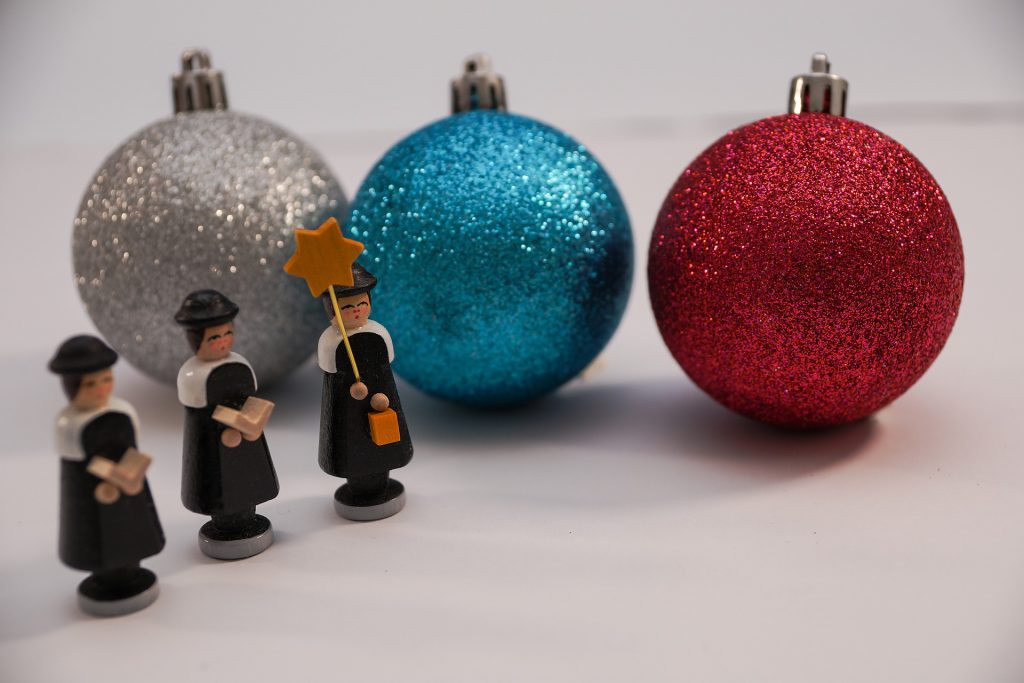
There was a time when Christmas was not celebrated in Britain. It was during the time of the Republic. When Cromwell and his Puritan forces removed the Monarchy of Charles I in 1645, their belief was to rid the country of decadence of which Christmas was classified. Christmas was outlawed completely in June 1747. But during the Civil War, the Parliament introduced an act in 1744 to ban Christmas. Initially it was to declare Christmas as a time of fasting. Until its complete ban in 1747.
What were the reasons behind their strong beliefs? They believed that the celebration of Christmas was more to do with the traditions of Saturnalia, a celebration that was lively. Completely against their strict moral codes that closely followed the New Testament and plenty of praying. The fact that no date was mentioned in the New Testament lead them to believe that the festival of Christmas was a Pagan ritual. Therefore a threat to the core of their Christian beliefs.
No Celebrations
The Puritan’s ban was ruthless. No celebrations could take place. Not at home or even in the church. This became a hugely unpopular act and Christmas went underground and was celebrated in secret. To the Puritans it should remain a day of fasting and prays. As Mass was celebrated in church, the Puritans viewed this as an unwanted remnant of the Catholic Church. The Mass did not sit within the Puritans Directory of Public Worship (1645), neither the festival and only Sundays were to be observed as holy days. And this was strictly enforced.
Christmas Day
Christmas Day under the Puritans was like any other. The shops and markets stayed open. In London, soldiers patrolled the streets to seize any food that looked like it was being prepared for Christmas festivities. Anyone caught preparing for Christmas, like the making of mince pies or decorating their homes with holly or attending a Christmas church service would pay with a suffer penalty.
Upon Cromwell’s death in 1658 and the return of Charles II, the ban was lifted.